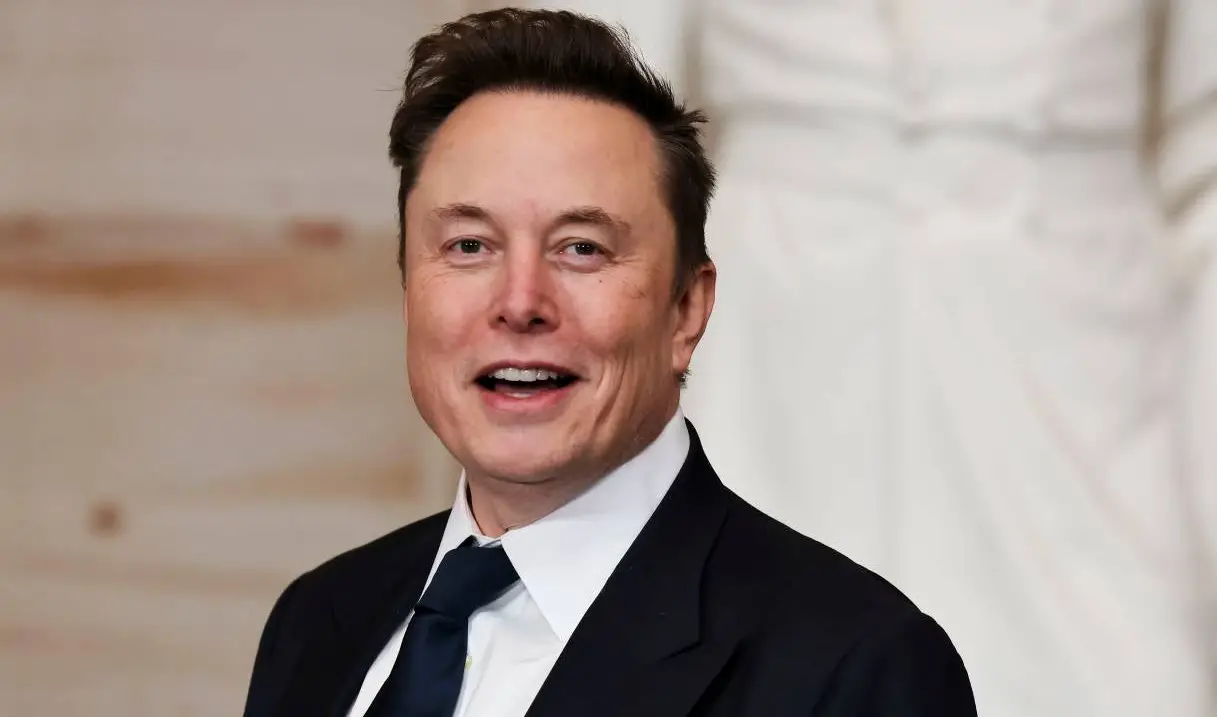Musk Exposes Potential Flaws in Social Security System—Could This Be One of the Biggest Scams?
Elon Musk Sparks Debate Over Alleged Issues in the Social Security System
Elon Musk has raised eyebrows with a series of posts on his social media platform, X (formerly Twitter), where he questioned the integrity of the U.S. Social Security system. In these posts, Musk shared data that suggests millions of Social Security numbers are linked to individuals who are reportedly over 130 years old, a claim that has quickly gone viral and sparked widespread discussion online.
Musk’s first post on the matter included an image of Social Security data showing age groups, with a “death” field marked as “FALSE” for many individuals. This, according to Musk, indicated that these people were still listed as alive despite their ages being far beyond what is possible for a human lifespan. He added humor to the serious issue by joking, “Maybe Twilight is real, and there are a lot of vampires collecting Social Security.”
The post quickly gained traction, receiving over 310,000 likes and prompting a range of responses. In a follow-up post, Musk delved deeper into the data, claiming, “Yes, there are FAR more ‘eligible’ Social Security numbers than there are citizens in the USA. This might be the biggest fraud in history.” He suggested that the number of Social Security numbers associated with people far older than any verified human could imply serious flaws in data management and auditing practices.
Census data shows fewer than 80,000 centenarians living in the U.S., but Musk’s data appears to show over 20 million people aged 100 or older. Even more surprising, it includes over 3.9 million individuals supposedly in the 130-139 age range, more than 3.5 million in the 140-149 range, and over 1.3 million in the 150-159 range—numbers that seem not just unlikely but virtually impossible. Musk speculated that such data could indicate a gap in auditing processes that might allow for fraudulent claims, potentially leading to benefits being wrongfully distributed.
Public response to Musk’s claims has been a mix of disbelief and concern. Many individuals questioned how such glaring discrepancies could go unnoticed for so long. One commenter wrote, “In decades, we haven’t created any internal auditing to catch this? There must be a basic report flagging deceased individuals!” While others agreed that the numbers seemed too large to ignore, with one user stating, “Over 20 million people listed as 100+ in the SS database? This is a red flag that demands a serious investigation.”
Musk further elaborated on the potential issues within the Social Security system’s design. He pointed out significant inconsistencies in payment files between the Social Security Administration and the U.S. Treasury, claiming that no single individual fully understands how the system operates. “The logic flow diagram for the Social Security system looks INSANE,” Musk stated. “It’s wild,” he added, expressing frustration with the apparent lack of reconciliation in these crucial files.
Not everyone agrees with Musk’s conclusions. Some critics argue that the appearance of implausible ages may be the result of technical glitches or misinterpretations within the system rather than outright fraud. Will Stancil, a data expert, dismissed Musk’s claims, stating that “only someone who has never really worked with data would see a table like this and not think ‘I must be missing something about how this works.’” Musk responded with a laughing emoji, igniting further back-and-forth between the two. This exchange underscores the polarizing nature of the discussion.
Despite the disagreements, Musk’s underlying message centers around the need for accountability and transparency in government systems. His posts raise serious questions about the reliability of the Social Security database and how millions of dollars in benefits might be misallocated to people who no longer exist or should not have qualified in the first place.
Musk has called for a full audit of the Social Security system to identify and rectify any fraudulent activity. “We need a serious, rigorous audit to determine the true scope of this problem,” one commenter wrote, echoing Musk’s sentiment. Many people see this as an opportunity to uncover potential inefficiencies in the system and ensure that taxpayer money is being spent appropriately.
As the debate continues, Musk’s comments are likely to prompt investigations from government watchdogs like the Government Accountability Office. It remains to be seen whether these claims will lead to concrete changes in policy or simply fuel more controversy. However, Musk’s efforts to highlight potential flaws in a critical government system are drawing attention, and it seems likely that more scrutiny will follow.
Ultimately, this situation raises important questions about data management, internal auditing, and fraud prevention, and may encourage a reevaluation of how the Social Security system operates going forward.
